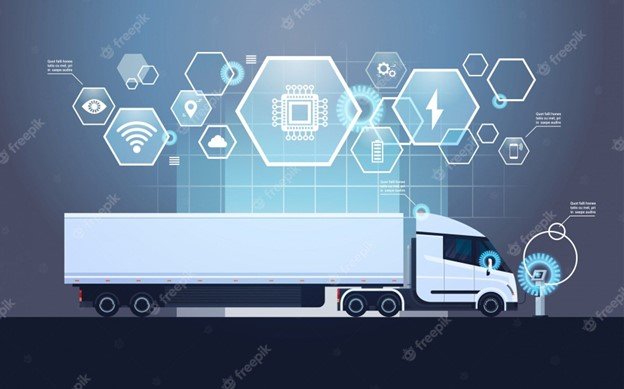The Impact of Automation on Jobs in Transportation & Logistics
I’ve centered several posts now around topics and intend to start tying them together over the next few weeks bringing together Automation, Optimization, and their impacts on People, Process, and Technology within Transportation and Logistics.
Despite the benefits of automation, its implementation has sparked concerns about job displacement. However, it is important to note that automation can create new job opportunities requiring different skill sets, such as skilled engineers for developing and maintaining automated systems and data analysts for managing automated systems. Those who adapt to the changes and learn new skills will continue finding new industry roles.
Automation has the potential to improve working conditions for employees, reducing physical and mental strain and safety risks associated with certain tasks. The increased efficiency and productivity resulting from automation may lead to better working conditions and employee job satisfaction.
The impact of automation on the Transportation and Logistics industry is positive overall. Ten years ago, I would have answered the question of which tasks would be automated in the next five years the same way I would today. Companies can implement automations now! Today, we have a broader range of solutions from small to large companies, each presenting different solutions to the challenges at hand. Some may have cost or complexity barriers, while others may not completely solve the problem but eliminate barriers. As the industry continues to evolve, those who embrace change and stay current with the latest technology will succeed in the transportation and logistics industry.

